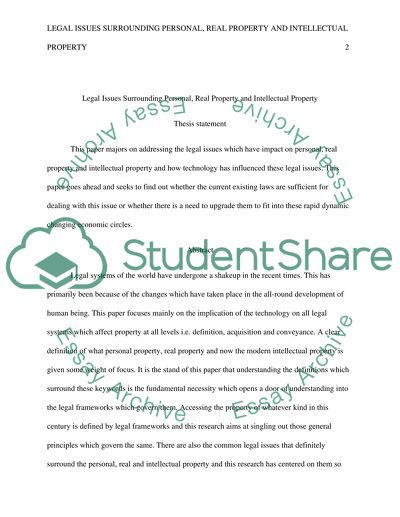Cite this document
(“Legal Issues Surrounding Personal, Real, and Intellectual Property Research Paper”, n.d.)
Retrieved from https://studentshare.org/law/1472988-legal-issues-surrounding-personal-real-and
Retrieved from https://studentshare.org/law/1472988-legal-issues-surrounding-personal-real-and
(Legal Issues Surrounding Personal, Real, and Intellectual Property Research Paper)
https://studentshare.org/law/1472988-legal-issues-surrounding-personal-real-and.
https://studentshare.org/law/1472988-legal-issues-surrounding-personal-real-and.
“Legal Issues Surrounding Personal, Real, and Intellectual Property Research Paper”, n.d. https://studentshare.org/law/1472988-legal-issues-surrounding-personal-real-and.


